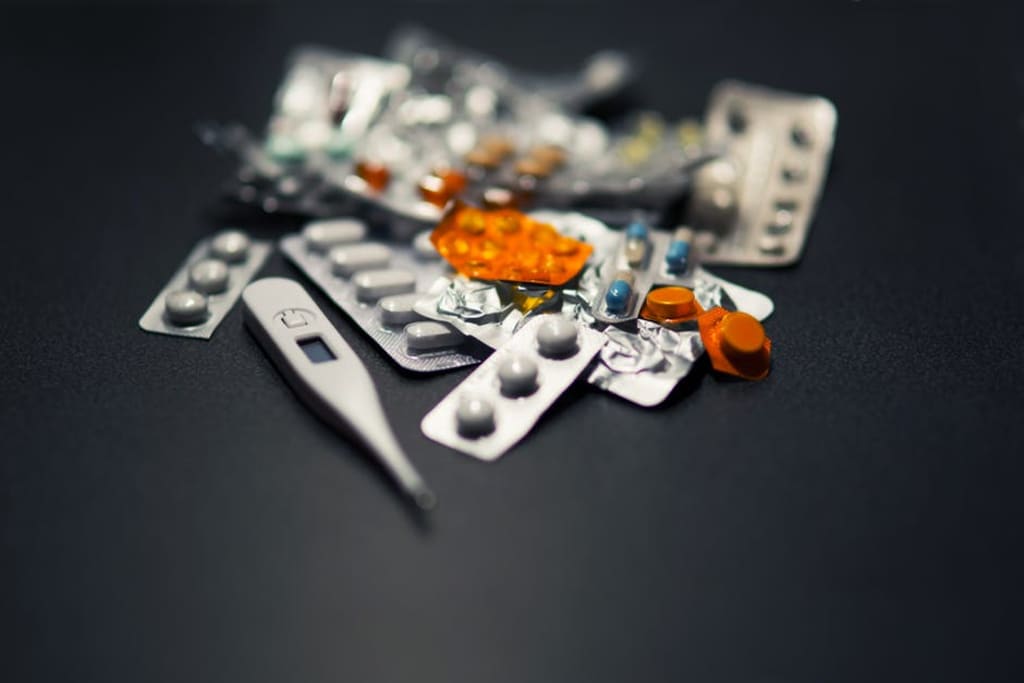
Diet and Health
are we really what we eat?
There is so much media attention focused on human diets, or rather; so much professional media time given to the money making subject of diets and food. But what is the reality? There are billions of humans on this planet and although they are almost all so very similar, they are also individuals. It is impossible for anyone to know what is the best diet for everyone of these billions of individuals. To do so would mean knowing what age there were, what health issues they have, what exercise they did, what their occupation was and the workings of their individual metabolism. They would also need to know hour by hour, what medication was ingested and what level of stress the individual was under. They would need to know if any allergy was present and what food stuff they were raised on.
To make wide sweeping claims for this vegan or that stone age diet is not rational. Through many years of evolution the human body has adapted to be an omnivore, that is to survive and prosper, it has evolved to eat and digest just about all non toxic organic substances. Organic being defined as grown naturally—of or relating to animal or plant constituents or products having a carbon base.
I have known two very different people who both followed strictly vegetarian diets, mainly for health reasons, both have died much too early. Both had the misfortune to suffer health problems that proved beyond medicine and their own, powers to correct. I have an awareness of individuals who live into old age while disregarding every bit of health advice the media throws at everyone. My parents were from a period of history where animal fats were used in diets far more than in modern times. The statistics for life expectancy, for their period, can be misleading. The period included 2 world wars, it included years where physical and often dangerous labour, was common. A period where death from “industrial causes” was unfortunately all too common. These killed people off too early, not their diets.
It is an obvious observation that concerns over obesity, public health, quality of life, work life balances; are greater in industrially and commercially developed nations, where the costs of dealing with the adverse consequence of these issues affects the national economy. The population of the planet has been allowed to increase without consideration of how to support the ever increasing numbers. Science has been used to increase food production and, probably more significantly, how to preserve and transport food. Processing and preserving food is now a gigantic world wide industry. Agriculture itself is less important than food processing. It is also less financially rewarding, which, if viewed logically, is hard to understand. Because of growing populations, food production has focused on quantity above all else, and they have done well. The planet as a whole is feeding more people than ever before. There are, unfortunately, areas of starvation and far too many people suffering from malnutrition; but these are the results of political incompetence. Food exists to feed everyone, the fact that some go without is a disgrace but in this essay we are concerned about the health of those who have access to reasonable amounts of food.
There are many publications that advocate a chemical free diet, it is claimed that “organic” foods- here defined as food grown and processed without the use of ”artificial” chemicals or additives—are more healthy for humans. This does seem intuitive, that naturally grown foods are better for us, but some caution needs to be applied. Home grown fruit used to be preserved for out of season use, by “bottling” this involves use of heat to stop decay in the food and the use of sealed, effectively vacuum sealed, containers to prevent degradation do to ambient causes. This was developed commercially into canning, the use of mass processed tinned food. This is actually still a reasonably healthy option and may be better than food preserved by the use of chemical additives. The risk comes because of adding salt or sugar to improve the taste of preserved food, unnecessary in tinned food except as a temptation to the taste buds. The use of chemical additives has increased due to the selling of “convenient” foods, that is ready meals, easy, fast, simple, options that reduce the need for skill and effort while cooking. No company will deliberately poison their customers but the long term effects of constantly ingesting these additives is unknown. We are all individuals with differing intakes of medicines, stimulants and with differing stresses, metabolic rates and differing exercise levels. No processed food manufacturer can possible test their product against all these variables.
Health diets are often drawn up and published by people who have, as individuals, found the published diet to be beneficial. The publishers obviously wish to sell large numbers of the products they finance and so they will suggest this diet will benefit everybody. That is not necessarily true. The diet may be good for people with similar levels of stress, exercise, taste, medication, natural remedy intake etc. but not everybody.
Each of us needs to take responsibility for our own health and that means working at finding what diet is most healthy for us at any particular stage of life. It will vary. Very active sports persons, where strength and physical bulk are requirements, need specific diets, when they retire from this sporting activity, they should change their diet. The relative amounts of protein to carbohydrate, the amount of vitamins and minerals, the amounts of starch and fat, any individual needs are just that; individual. It varies with activity and general health. Generalisation can lead to problems for individuals but it is up to each of us to establish what is our own correct diet at each moment in time. Once a person has aged to beyond the growing stage, the amount of energy put into the body, as food and drink, should be roughly balanced by the energy expended in day to day activities. Providing the body with those elements needed for good health, can be achieved by food, but you need to know what those requirements are. It would be more beneficial, but also more difficult, to study nutritional requirements, than popular diet books.
There are only a few medical doctors who are experts of nutrition, they can all read but what they read is always generalisations. Unless, and this is very important, unless you are chronically or acutely suffering from a known illness (physical or psychological) and getting expert medical care; you can try and improve your own well-being. What is needed, and is not available, is individual assessment and individual diets. In the absence of this, the best plan, for all of us; is to follow the old fashioned golden rules:- A. Eat in moderation, B. Eat a wide variety of foods, C. Avoid chemical additives where you can , D. Get as much exercise as you can. E. Do not get obsessive about your diet, do not force yourself to eat what you do not like. F. Keep a health log for a time (about a month) where you record what medications you take, what medical interventions you are involved in, what food and drink you consume, the time of consuming, what exercise you get, what stress you are under, how you sleep and importantly, 3 or 4 times a day record how you feel, record your weight every 2 or 3 days. Be honest about eating between meals, record all the cups of coffee and snacks. Try to be honest and accurate and at the end of the month self assess this log. Do not jump to conclusions too soon, wait the month before doing the assessment. Unless you are ill, there is no need to involve paid professionals, it is probably helpful to discuss with immediate family but the important person is yourself. Assess the log see if there are avoidable patterns or foods that reduce your wellbeing, make yourself an individual diet plan. If you then decide it would be beneficial; discuss the log and your assessment, with a professional medical doctor. Revise your plans, as changes occur in your life.
About the Creator
Peter Rose
Collections of "my" vocal essays with additions, are available as printed books ASIN 197680615 and 1980878536 also some fictional works and some e books available at Amazon;-
amazon.com/author/healthandfunpeterrose
.






Comments
There are no comments for this story
Be the first to respond and start the conversation.